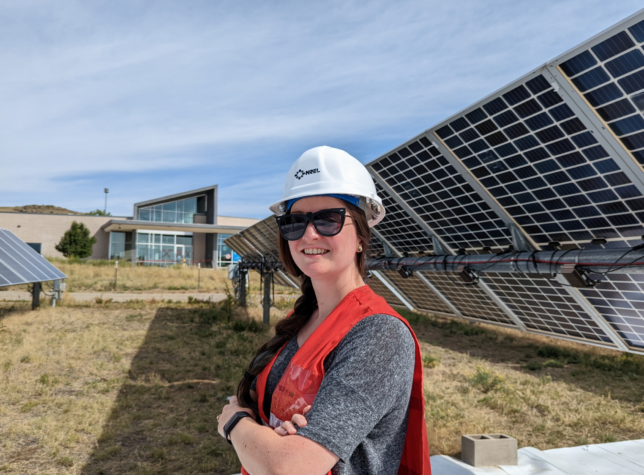Researchers in Canada’s national capital have devised a smart approach to optimize the effectiveness of solar panels by enhancing them with artificial ground reflectors.
The University of Ottawa’s SUNLAB collaborated with the National Renewable Energy Laboratory (NREL) in Golden, Colorado, to study how reflective ground covers affect solar energy output.
The research found that placing reflective surfaces under solar panels can increase their energy output by up to 4.5%. It involved pairing high ground reflectivity with bifacial solar modules, paired with high ground reflectivity.
Solar power can be some of the cheapest power in the world, especially in sun drenched regions, such as Saudi Arabia or Quatar. But other countries like the United States and Canada have different weather patterns.
The research findings are particularly significant in Canada, where snow cover persists for three to four months of the year in major cities like Ottawa and Toronto, and 65% of the country’s vast landmass experiences snow cover for over half the year. Additionally, given that approximately 4% of the world’s land areas are classified as sandy deserts, this finding has global applications.
The efficiency of most solar panels ranges from 20% to 25%, and panel materials have evolved in the last five to 10 years from aluminum back surface field to passivated emitter and rear contact (PERC), which is much more efficient with only minor changes to the manufacturing process.
PERC cells can be made bifacial more easily, which has facilitated the production of bifacial modules globally.
The SUNLAB study at NREL site looked at the effect of high albedo (70% reflective) artificial reflectors on single-axis-tracked bifacial photovoltaic systems through ray-trace modeling and field measurements. The researchers tested a range of reflector configurations by varying reflector size and placement and demonstrated that reflectors increased daily energy yield up to 6.2% relative to natural albedo for PERC modules.
Read my full story for EE Times.
Gary Hilson is a freelance writer with a focus on B2B technology, including information technology, cybersecurity, and semiconductors.
